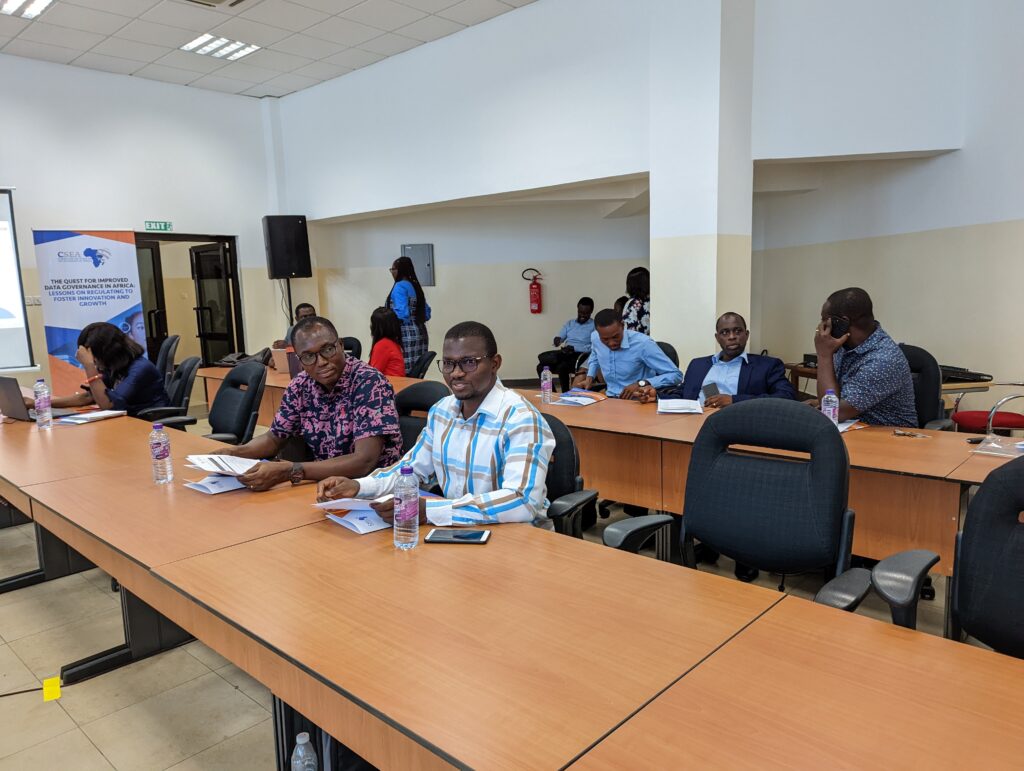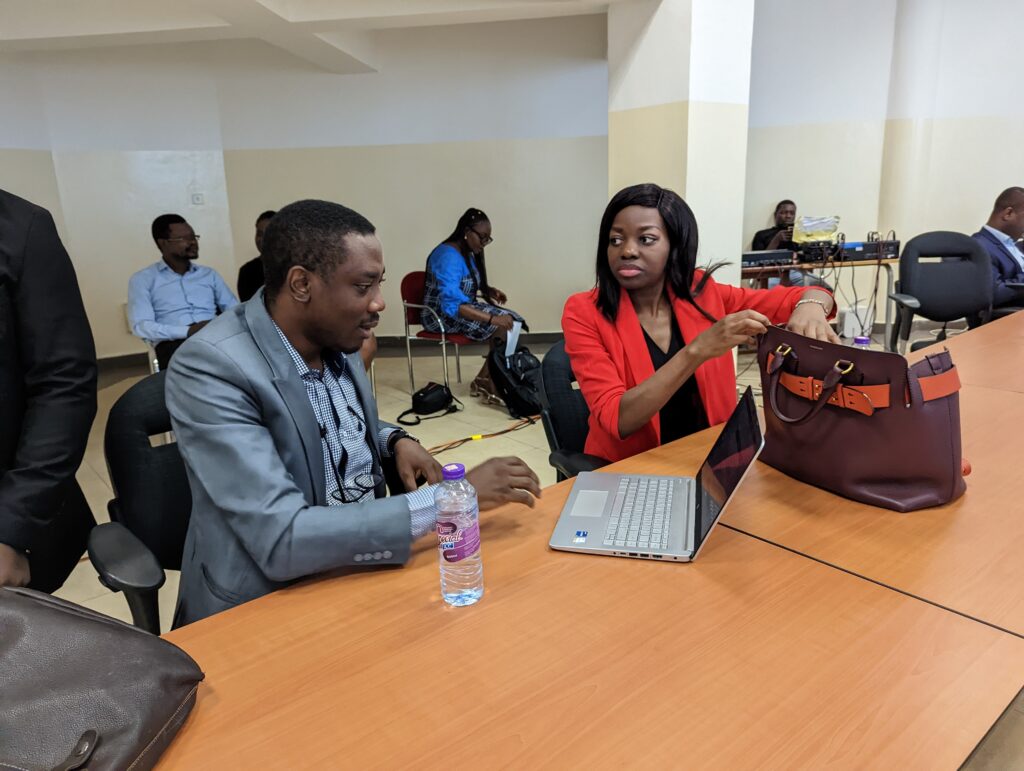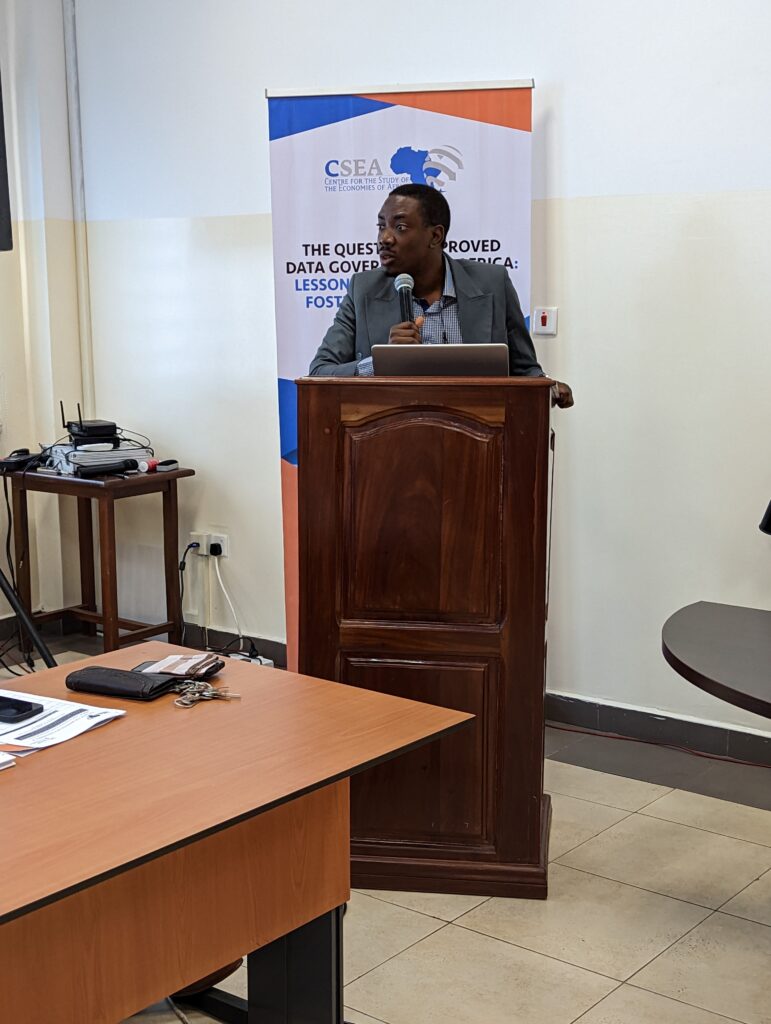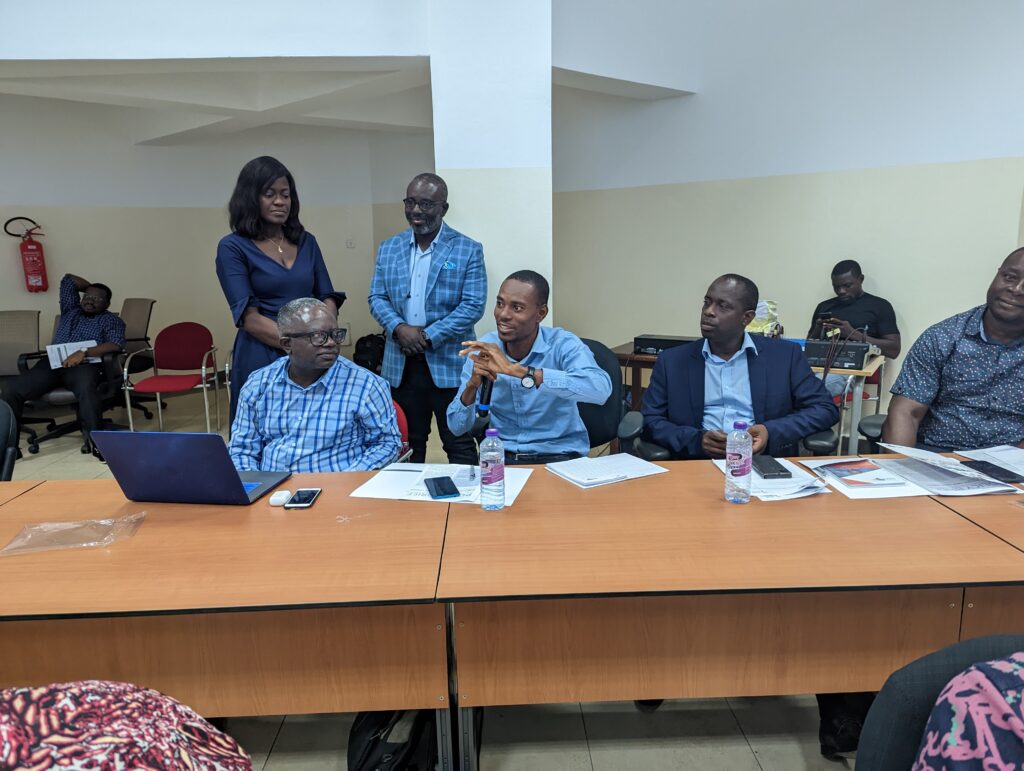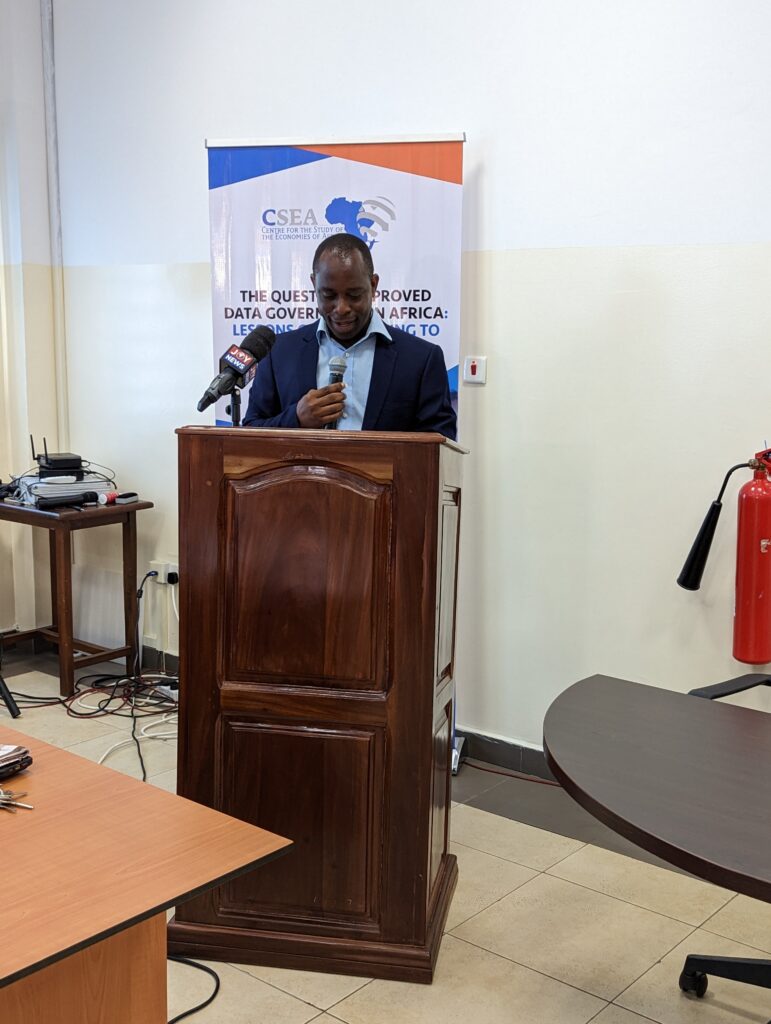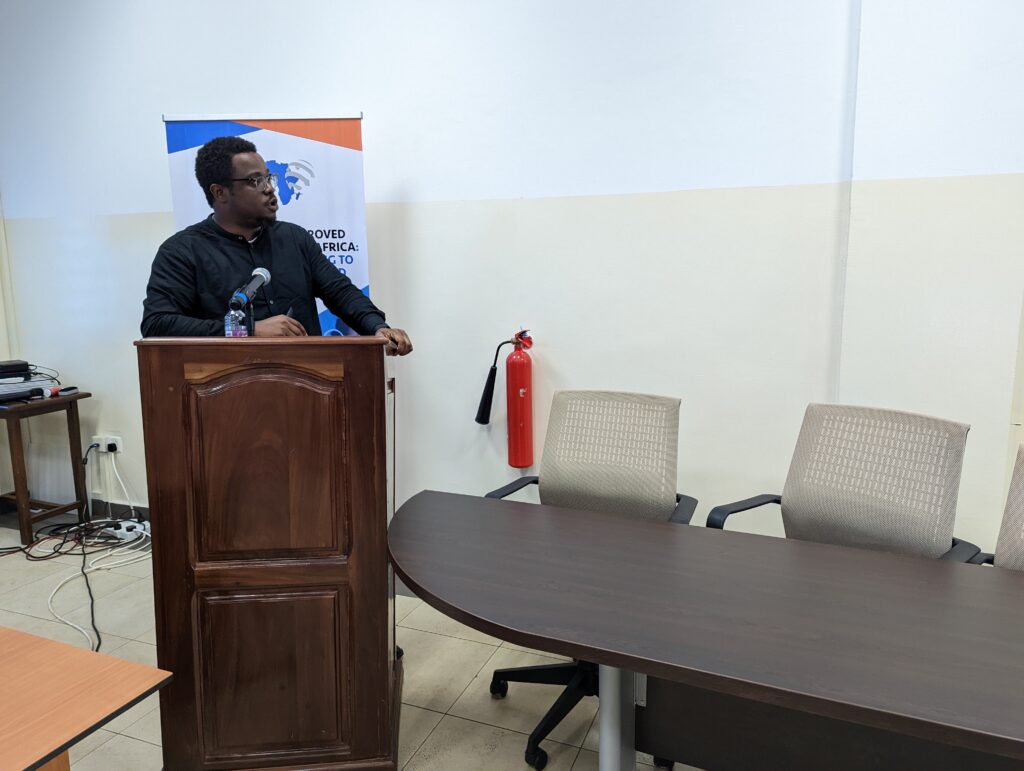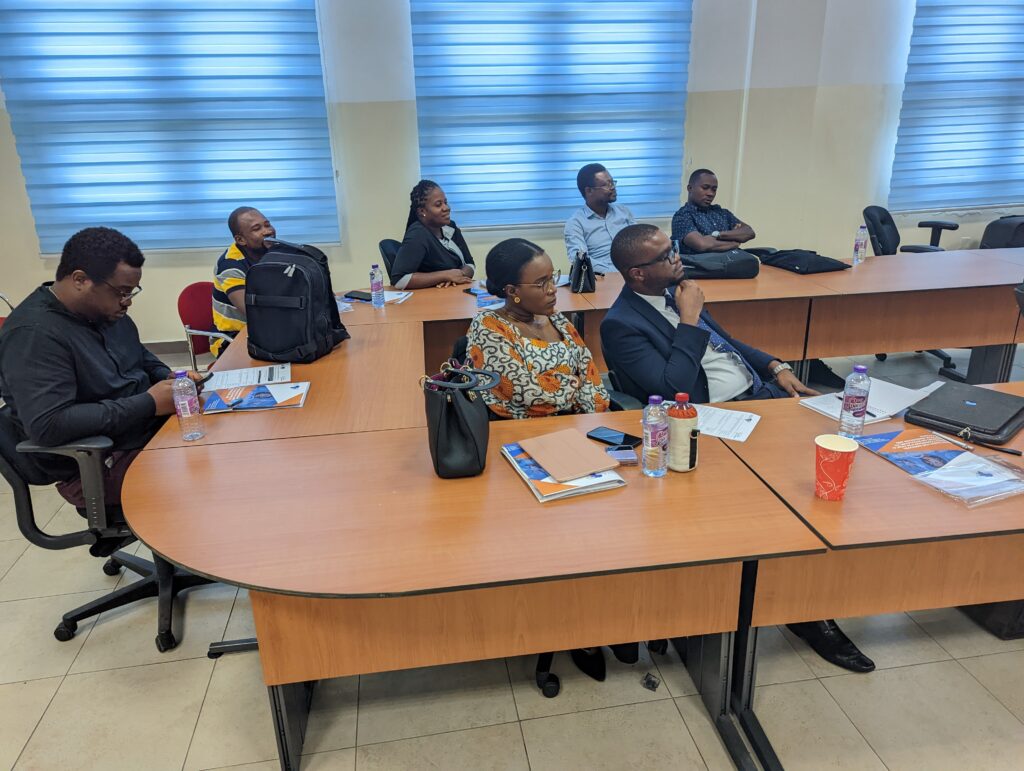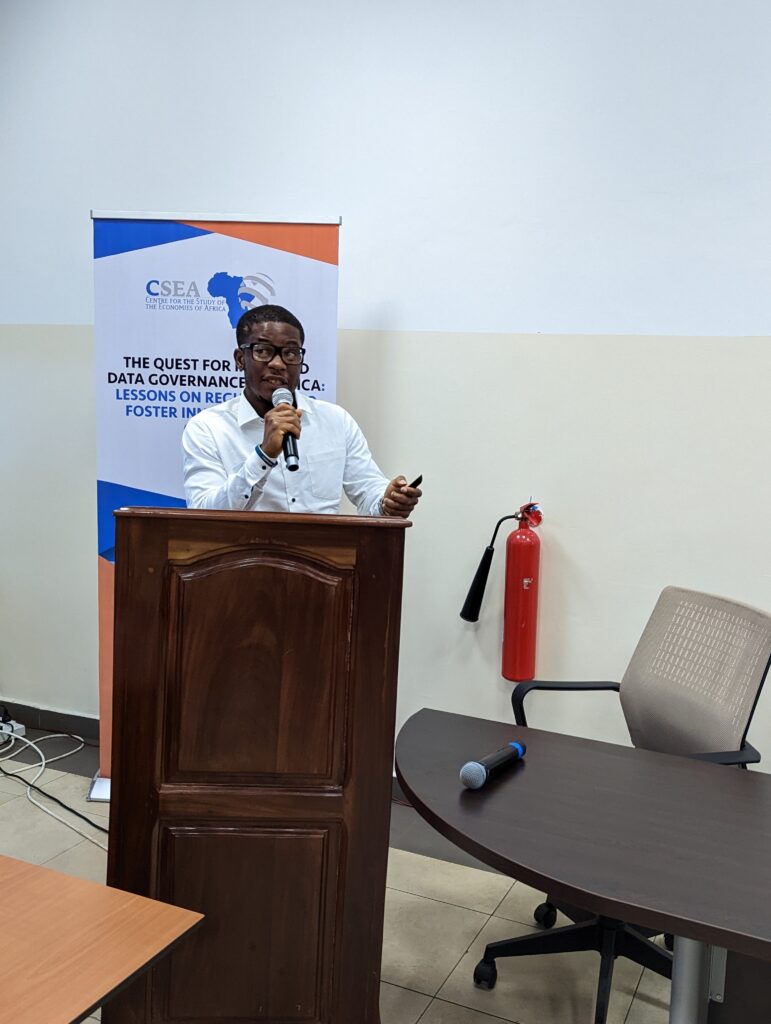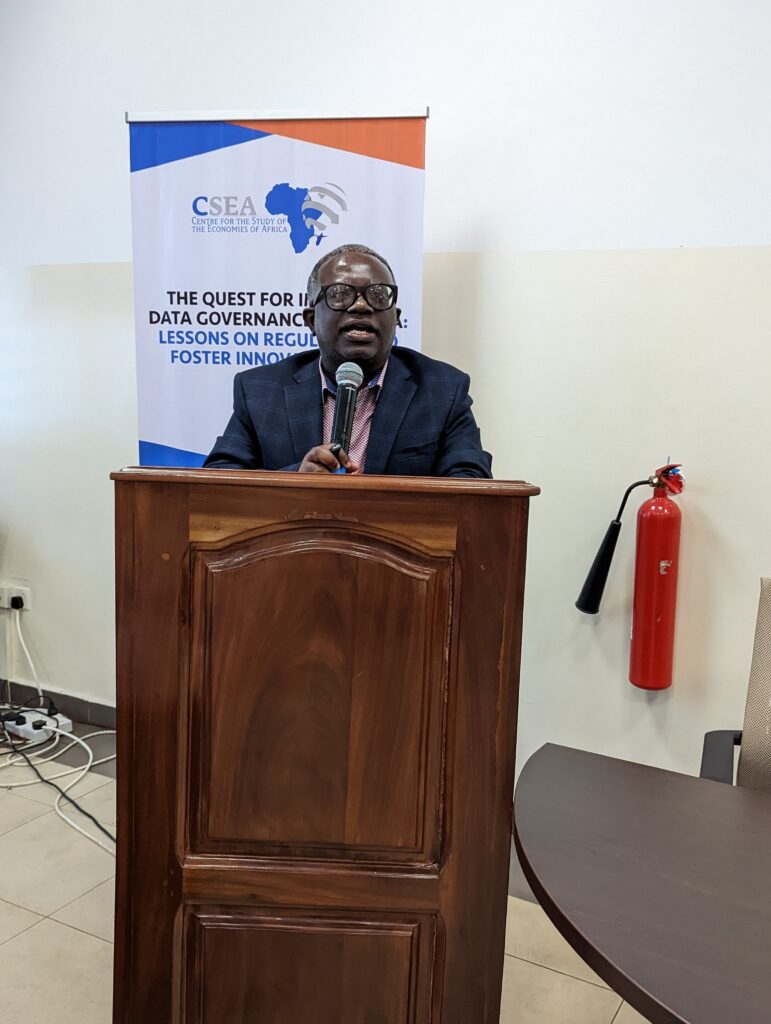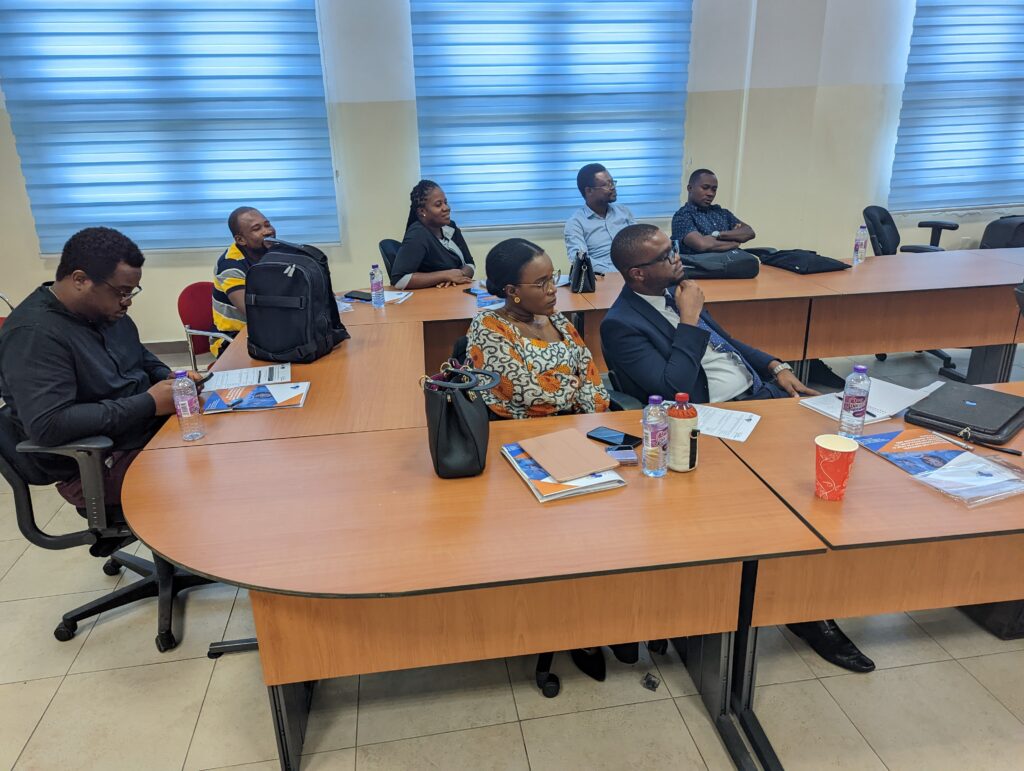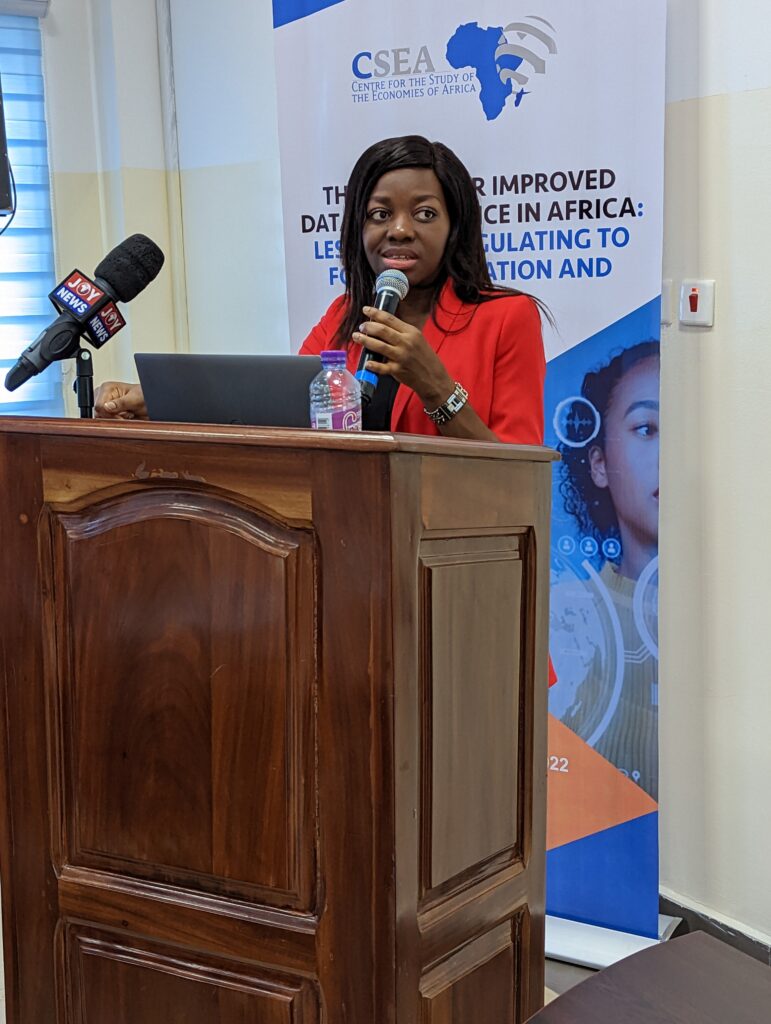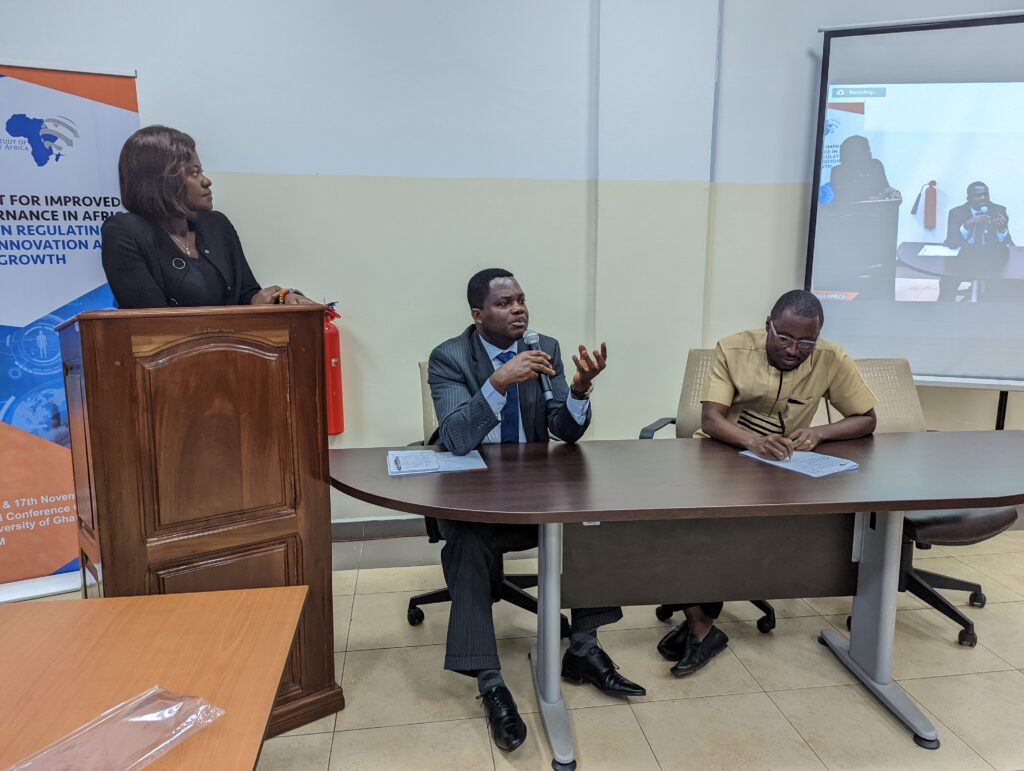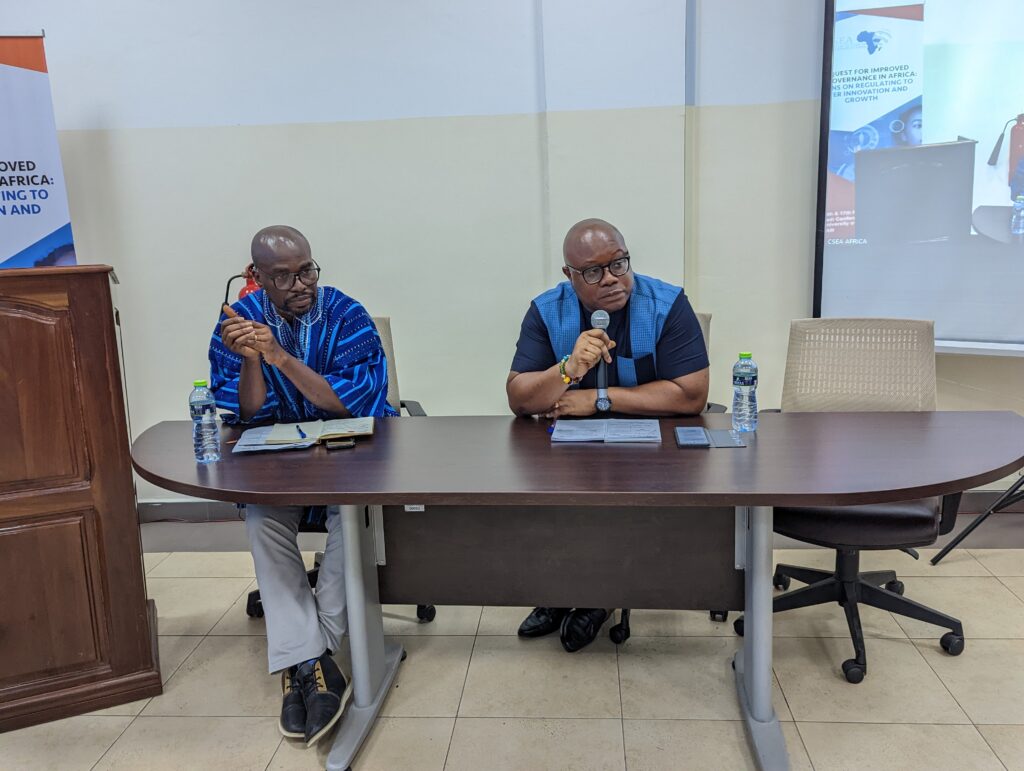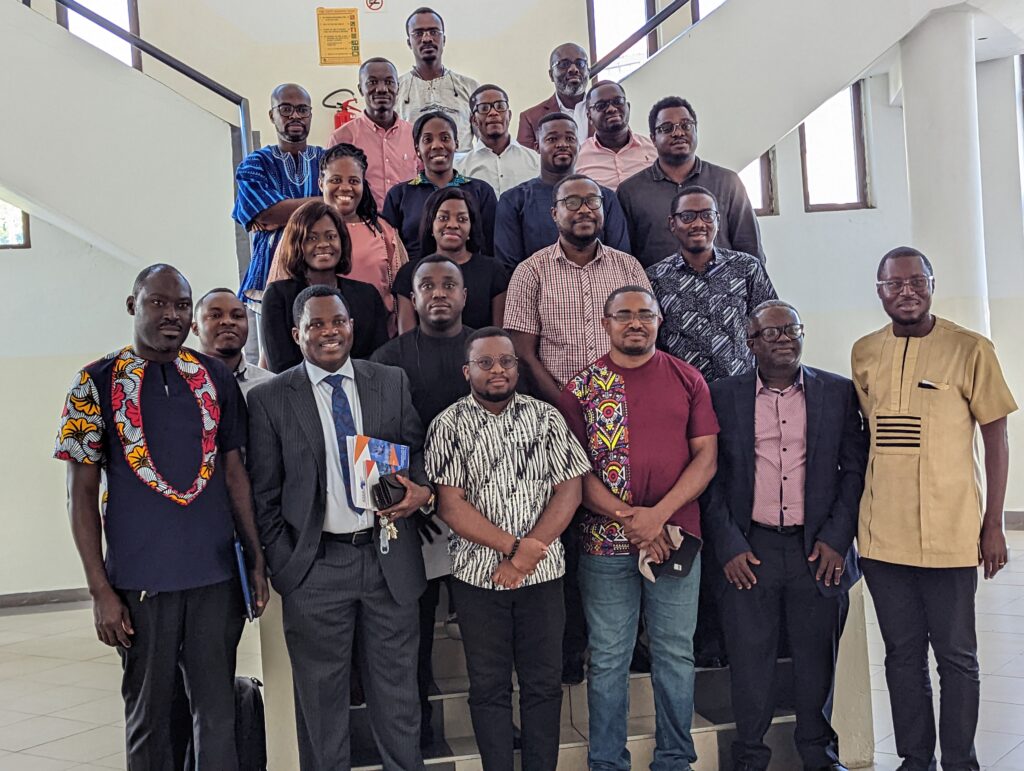

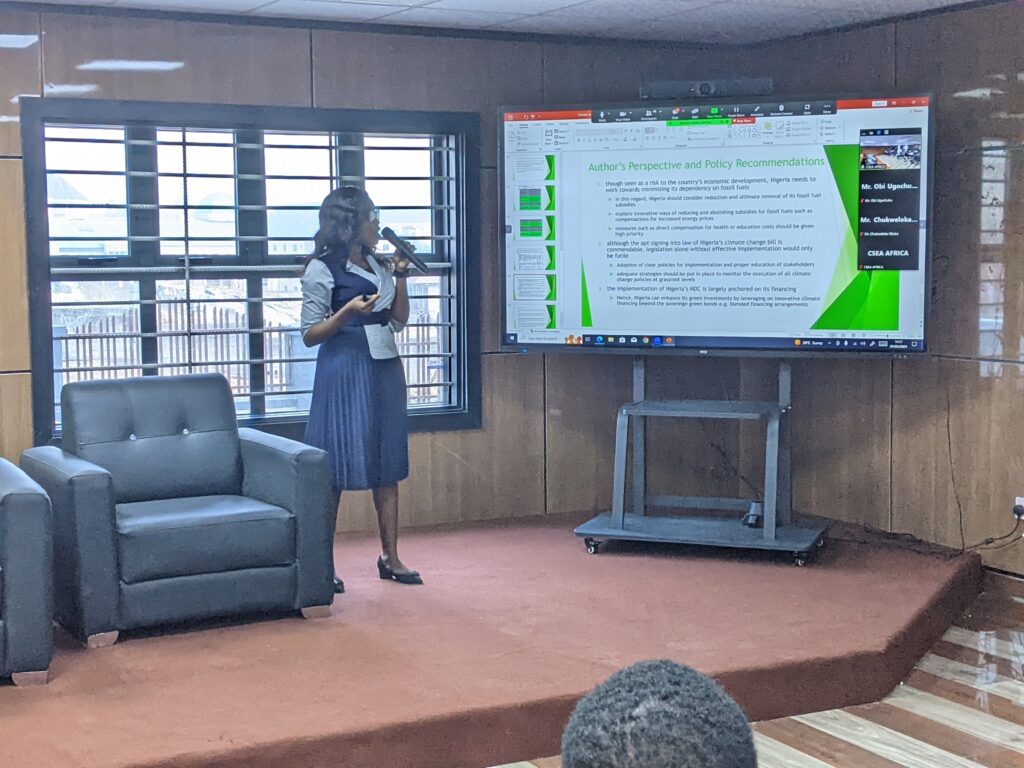
The Centre for the Study of the Economies of Africa, in collaboration with the South African Institute of International Affairs (SAIIA), organized a hybrid event to disseminate findings from our qualitative and quantitative research on climate change. The paper, titled ‘Evaluation of Nigeria's post-COVID-19 Macroeconomic Policies: Are they Climate Change friendly?’ focused on promoting impactful research and supporting informed policies and practices in response to climate change crises.
The session kick-started with a paper presentation from our Research Associate, Tikristini Olasode, after which other presentations were made by Obi Ugochuku, the Director of Product Development and Data Management at Applied Logic, and Chukweloka Okeke, a consultant and Engineering geologist. The presentations analyzed Nigeria’s macroeconomic policy measures to ascertain how helpful they are in achieving the country’s climate commitments as specified in the country’s Nationally Determined Contribution (NDC) as well the trajectory of funding.
The paper also provided some policy recommendations to help government achieve green economic recovery in Nigeria.
The panelists for the event include: Abdulmajeed Amussah, Esemuze Lucky, and Professor Emmanuel Nwosu. They provided key policy recommendations to support the cross-border research and output of the research project.
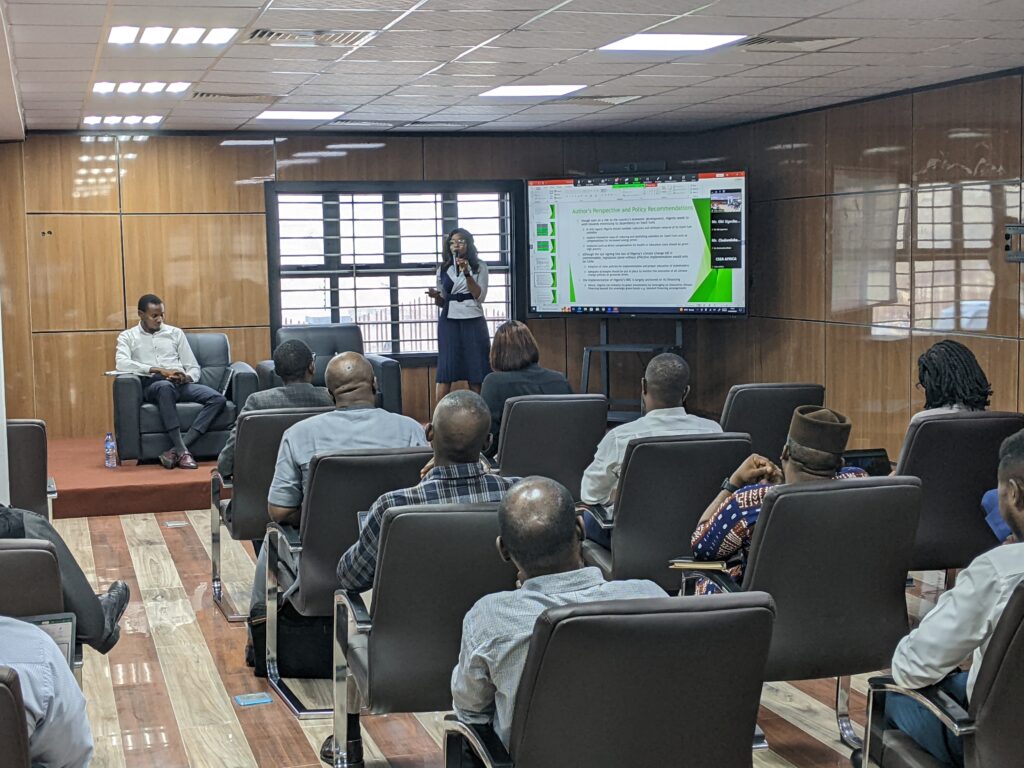
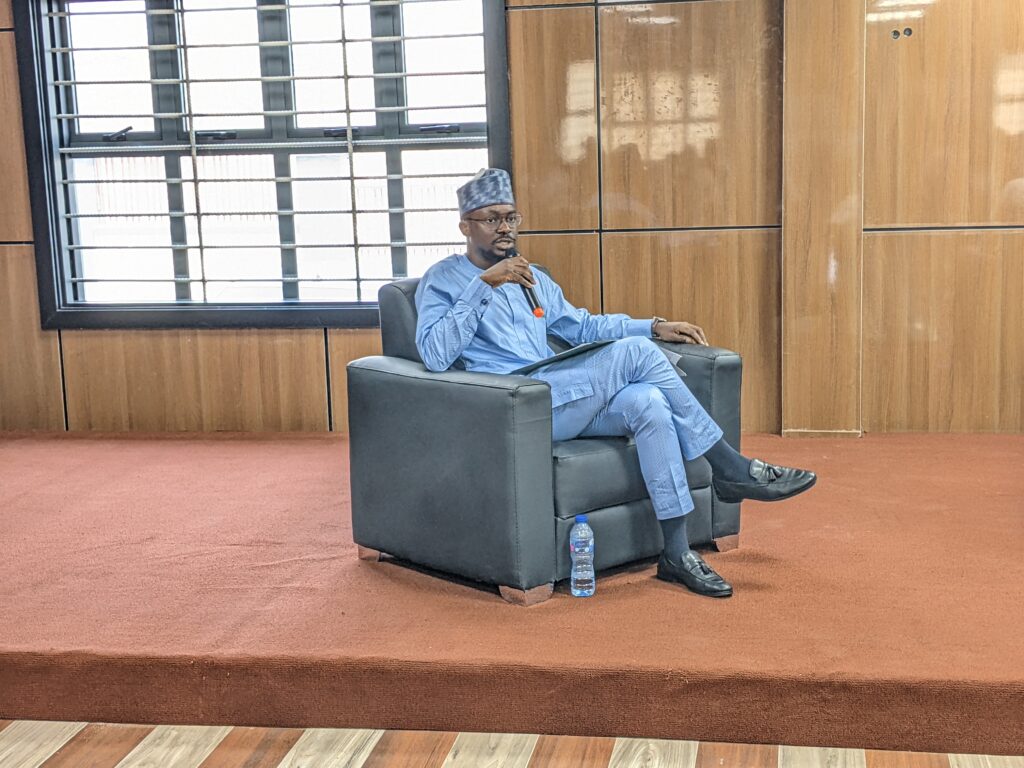
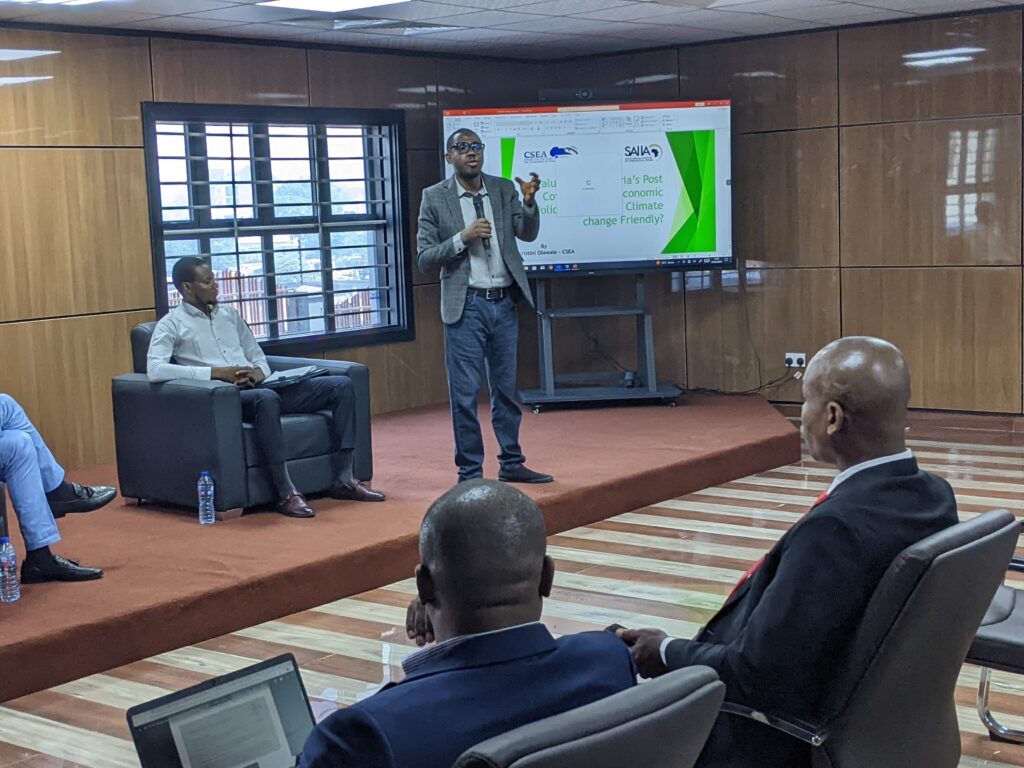
We are delighted to announce a partnership with Datasphere Initiative. The Datasphere Initiative is a global network of stakeholders building strong frameworks to responsibly unlock the value of data to all.
As an organization that explores how data governance is evolving across Africa whilst supporting policymakers in the region in developing innovative and responsible data-sharing practices, we are very pleased to be part of Datasphere Initiatives' multistakeholder process.
To learn more about the partnership, visit:
https://lnkd.in/gD4Pj6Mq
“All that we have achieved, and we will achieve in the data governance space and by extension every sphere of development research have been built on partnership and collaboration with other players within the ecosystem. CSEA is pleased that the Datasphere Initiative is building the type of partnership that can deliver progress and ensure an inclusive data transformation for Africa”, Adedeji Adeniran, Director of Research, CSEA.
CSEA hosted the first edition of its Seminar series for 2023 on January 25th. The meeting featured presentations of three recently released reports including: the Nigeria Public Finance Review: ‘Fiscal Adjustment for Better and Sustainable Results’ report; Nigeria Development Update: ‘Nigeria’s Choice’ and the Nigeria Country Economic Memorandum (CEM).
The speakers were Gloria Joseph-Raji (Senior Economist) and Miguel Saldaraigga (Country Economist) from The World Bank. The presentation highlighted a wider comparative perspective of Nigeria's growth since 2001, a prioritized set of reforms for the short and medium term, and fiscal adjustment measures for better sustainable development.
To address key challenges facing the nation, the presenters, in tandem with the reports, recommended three priorities, including spending better, increasing revenue and strengthening institutions.
Click here to access the report and previous editions.
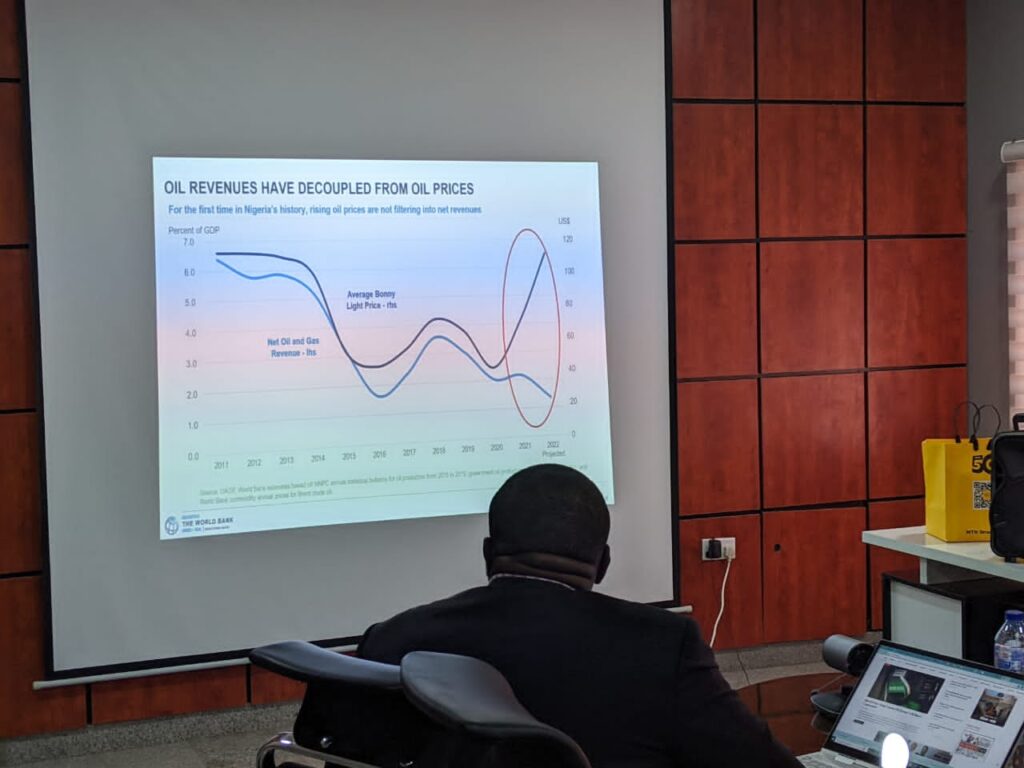
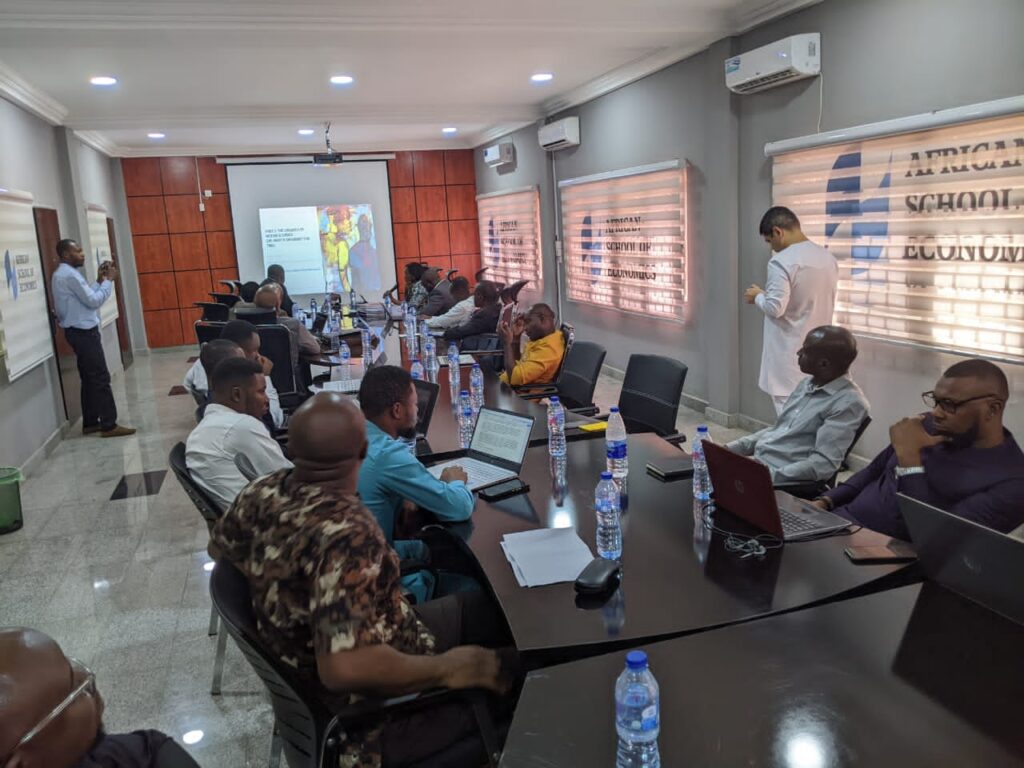
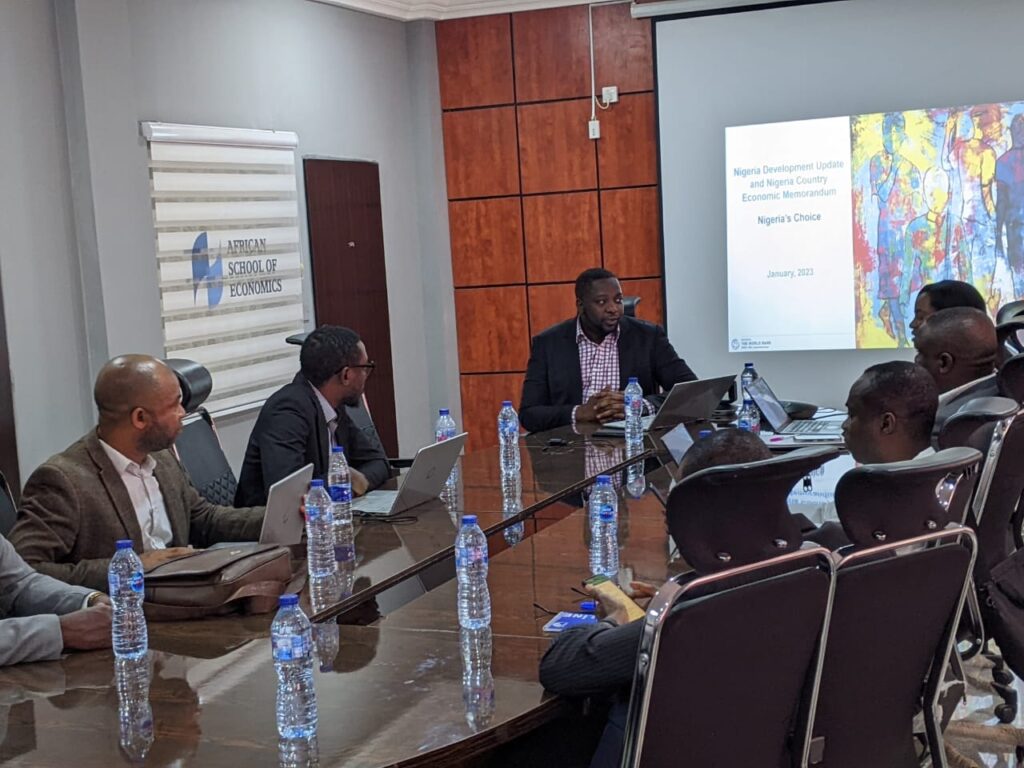
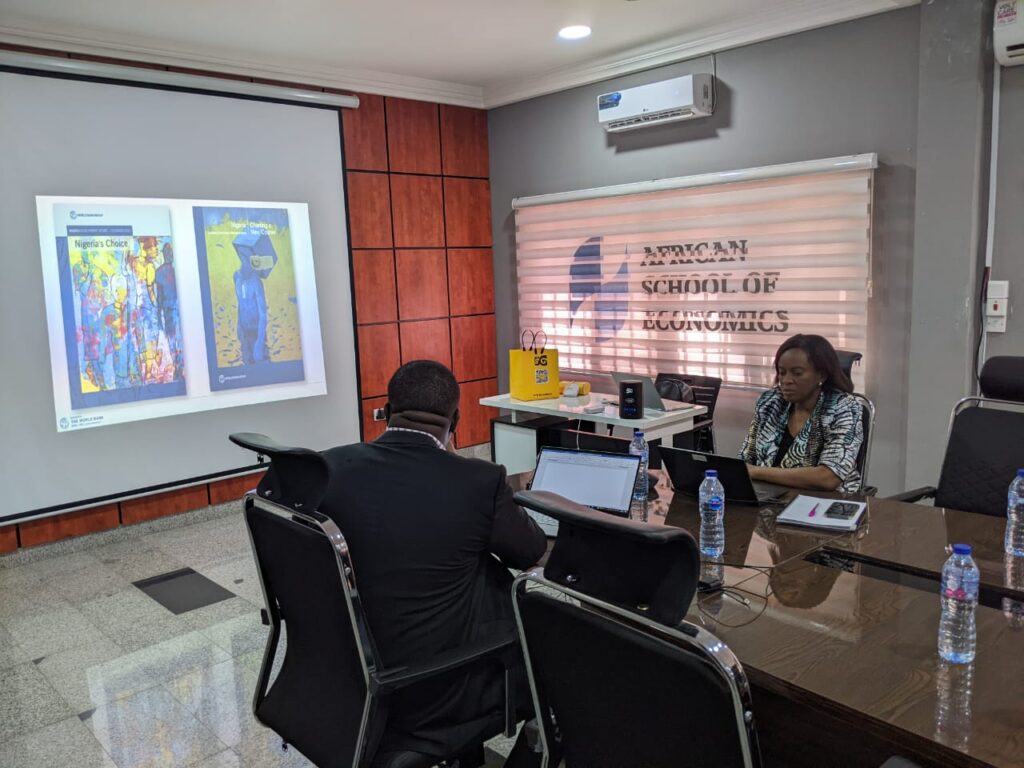
The 14th Africa Policy Circle conference was held in Lagos, Nigeria on the 17th and 18th of November 2022. This year’s theme, “Africa in the 2020s And Beyond-Challenges and Possibilities”, provided a platform for participants drawn from think tanks across Africa to unpack some of the critical challenges affecting the continent's possibilities of economic recovery and ethical and political leadership.
With support from the Konrad-Adenauer-Stiftung, the conference focused on two main themes: (i) Africa, Governance and Political leadership in 21st Century and (ii) Climate Change and its effect on Africa’s Food and Energy Security.
CSEA was represented by Dr. Chukwuka Onyekwena, Dr David Okorie, Drusilla David and John Chidera Victor.
Dr Chukwuka gave presentations on ‘Economic recovery plans of Nigeria post the pandemic and key issues shaping economic and socio-political debates in the country”, and “Challenges to democracy: Case study of Nigeria”; while Dr. David’s presentations were on “Climate change and its effect on Africa food and energy” and “COP27: Assessing the outcomes and results”.
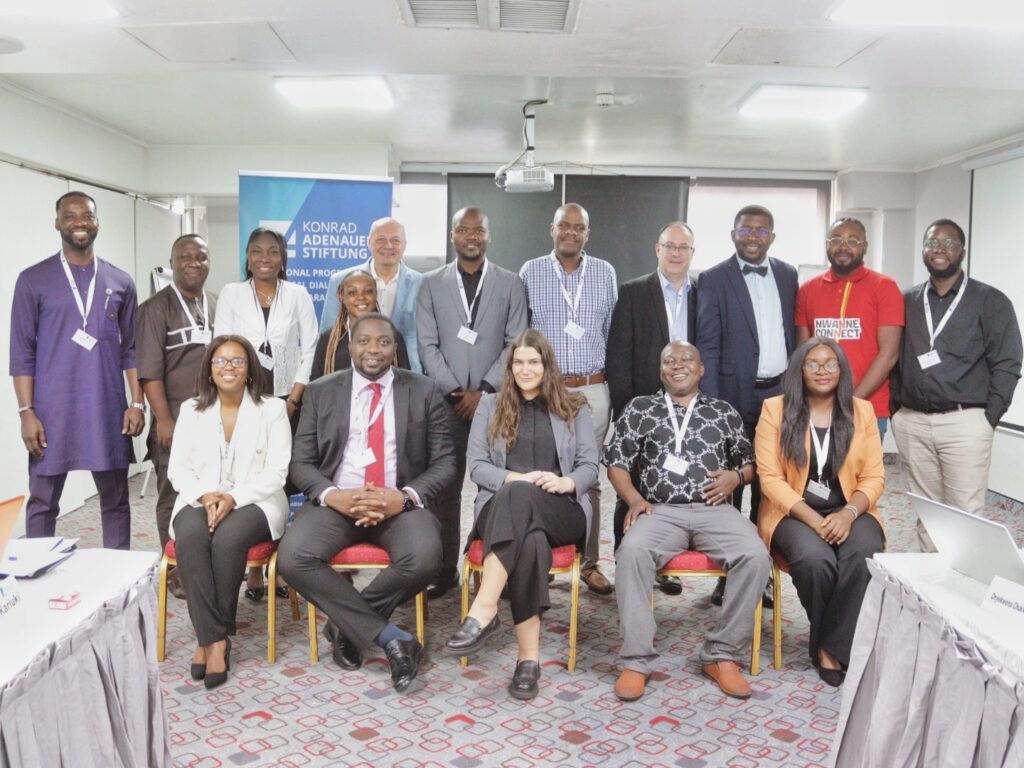
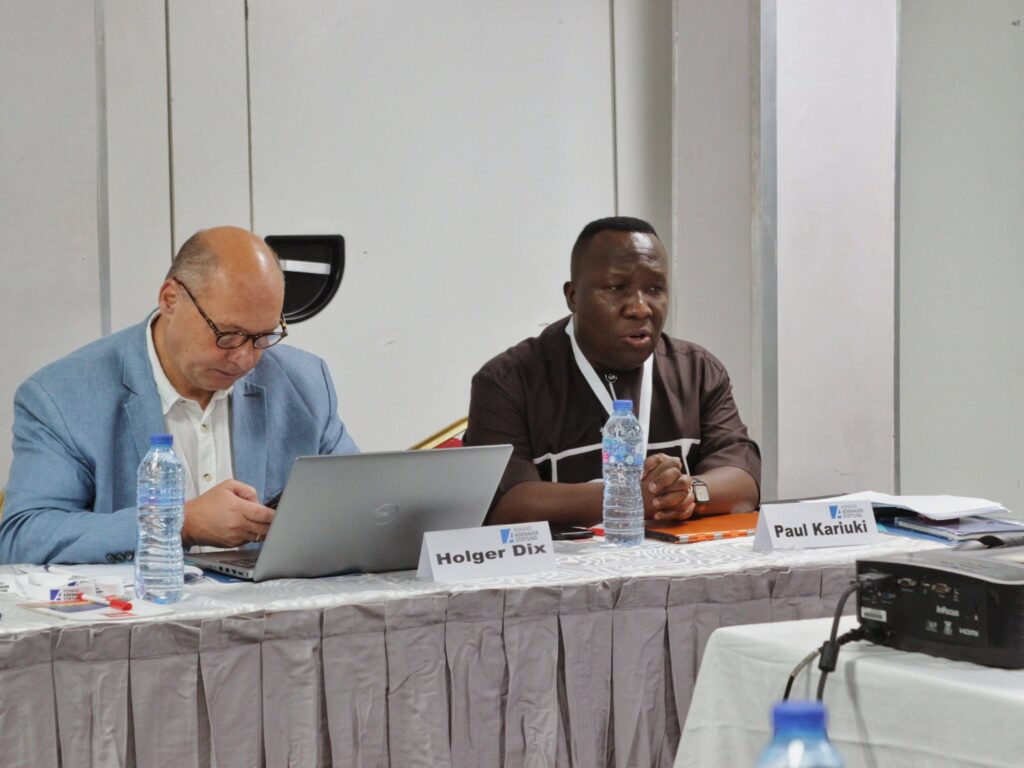
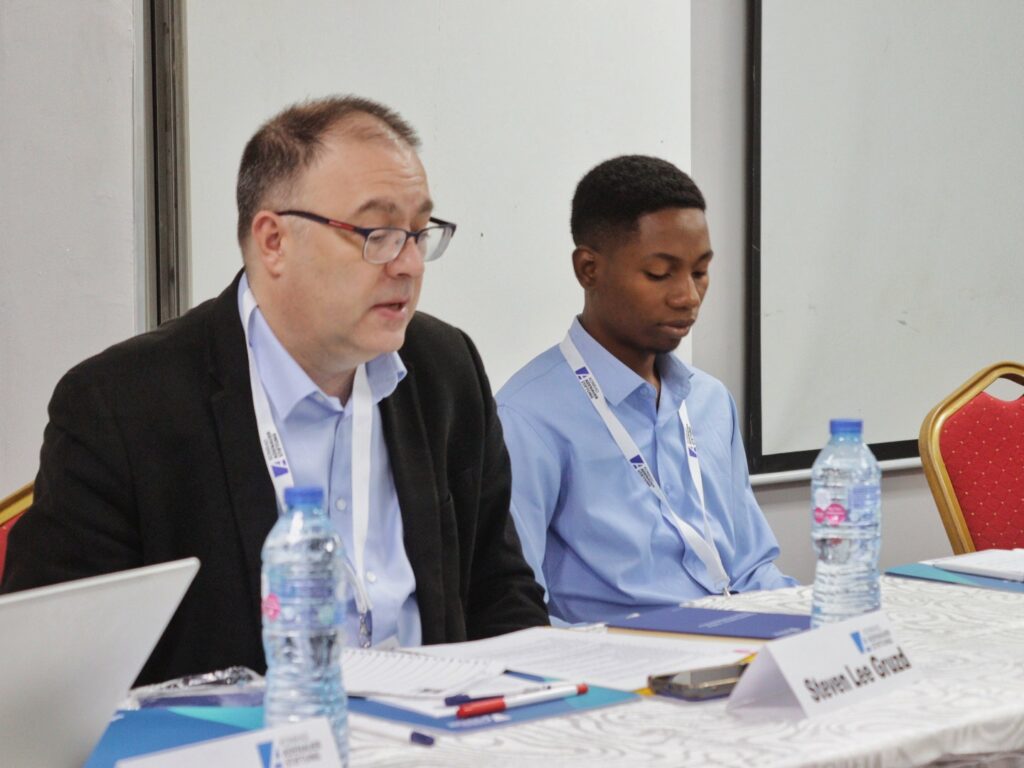
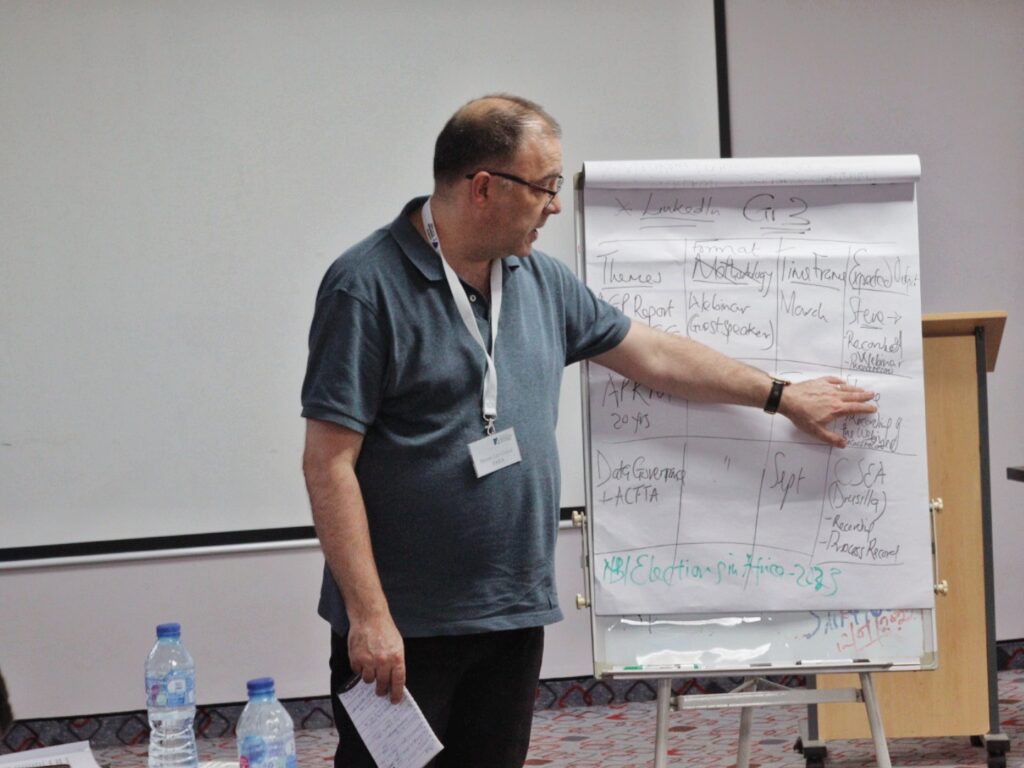
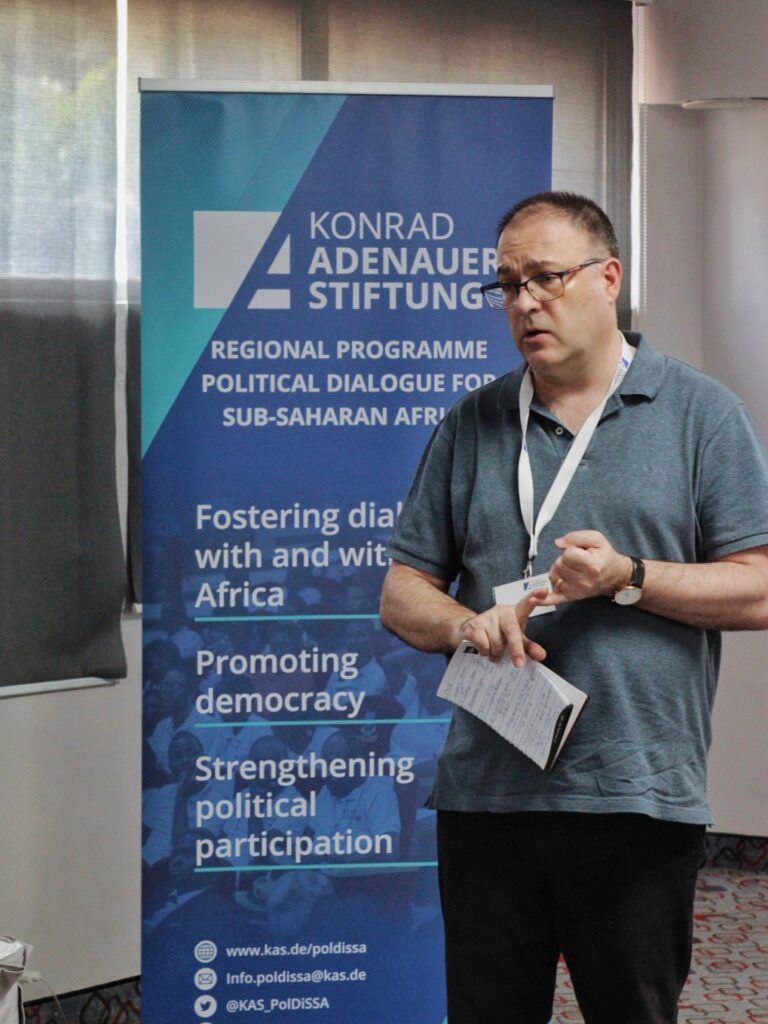
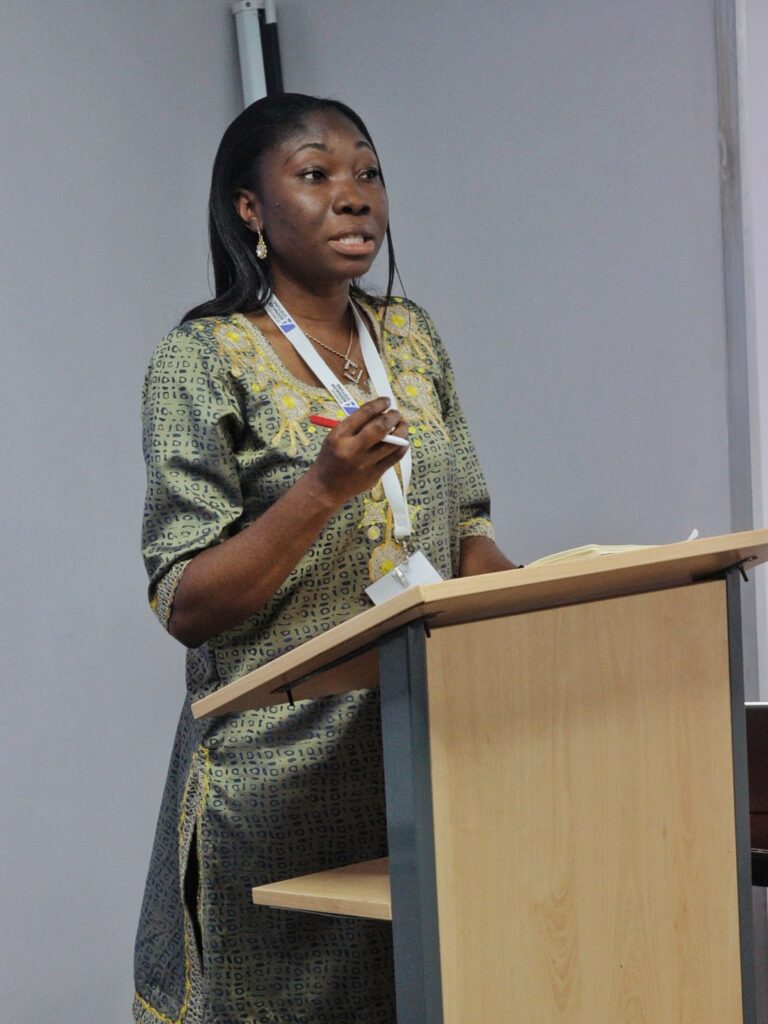
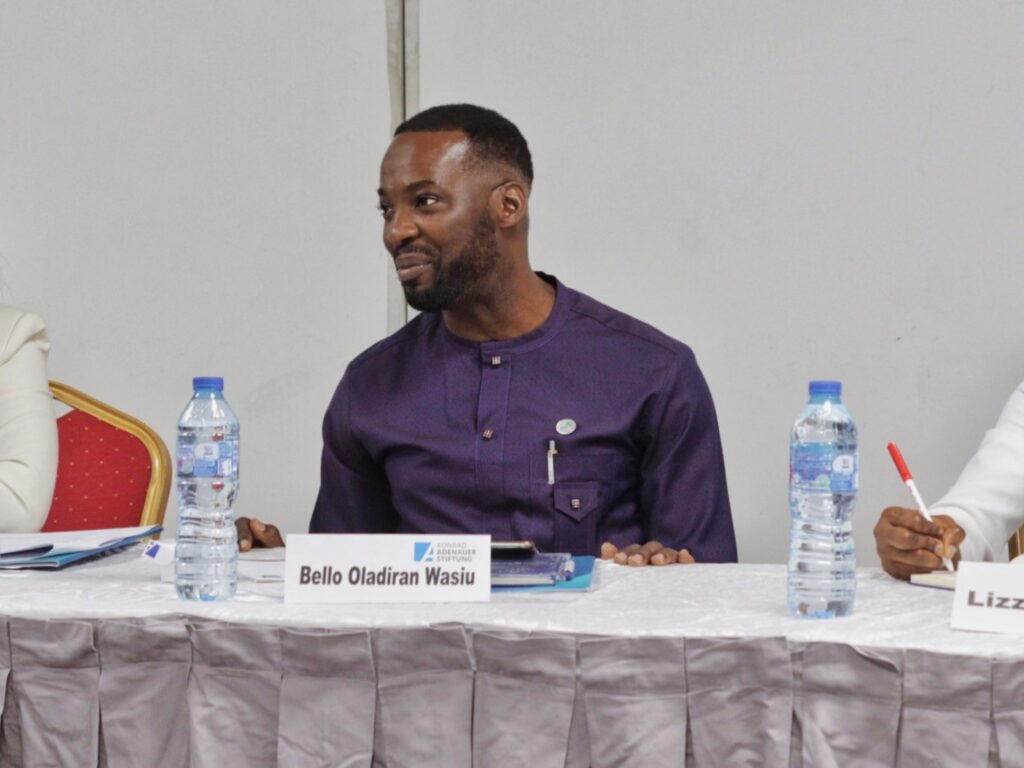

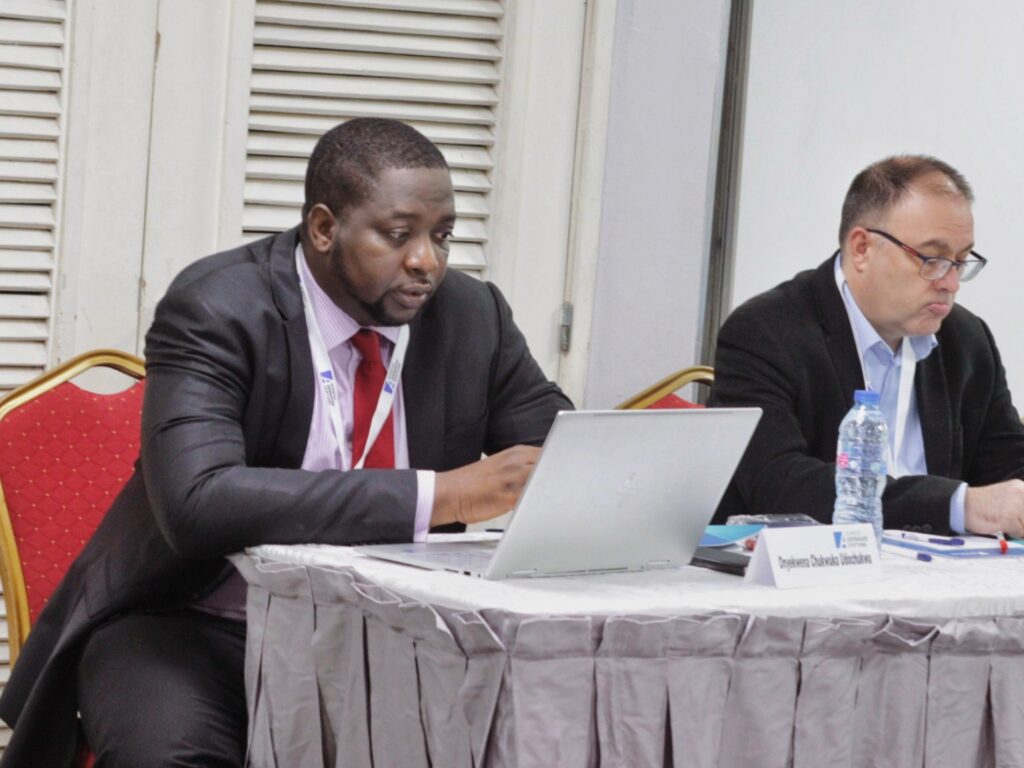
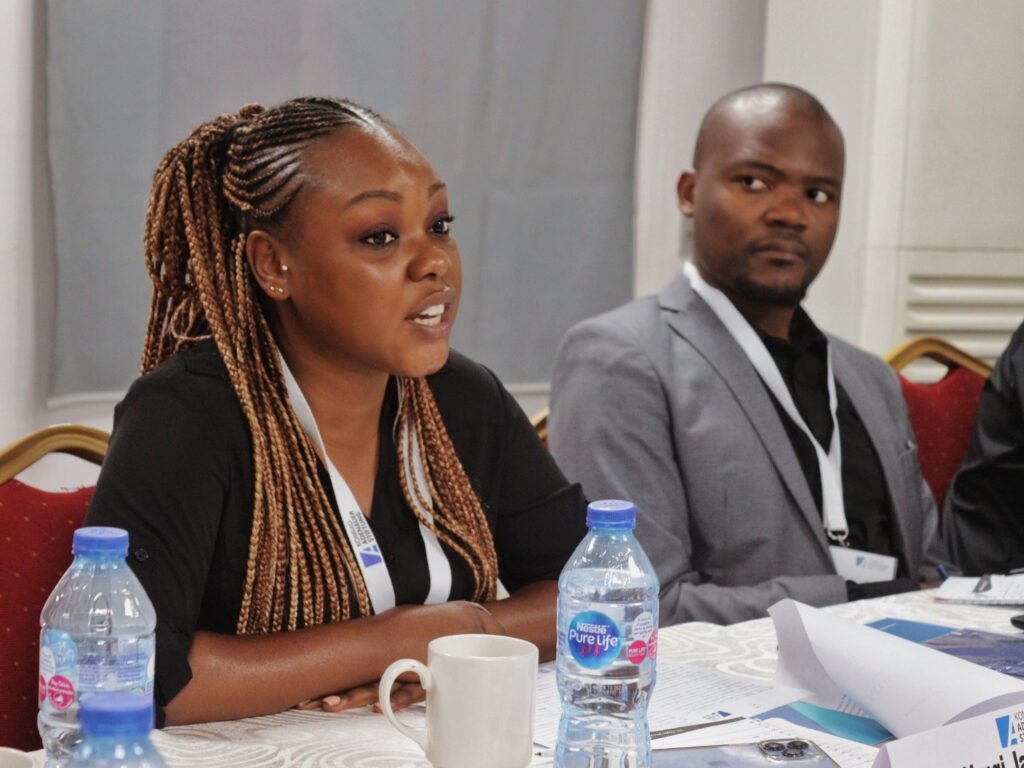
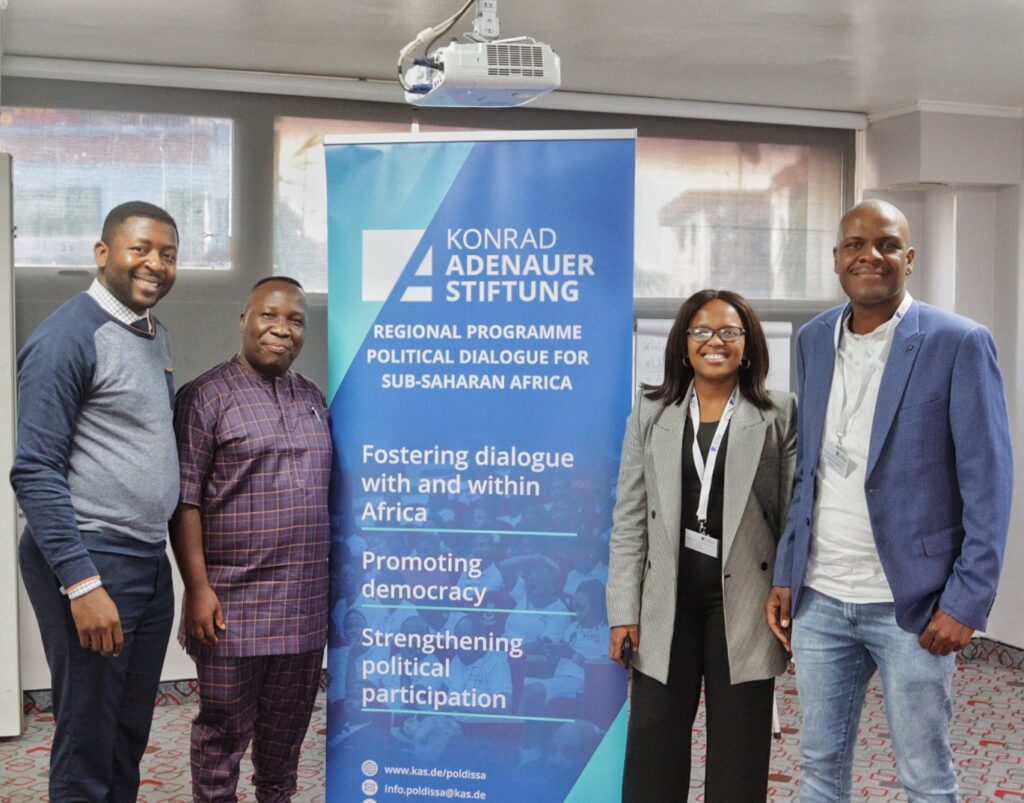
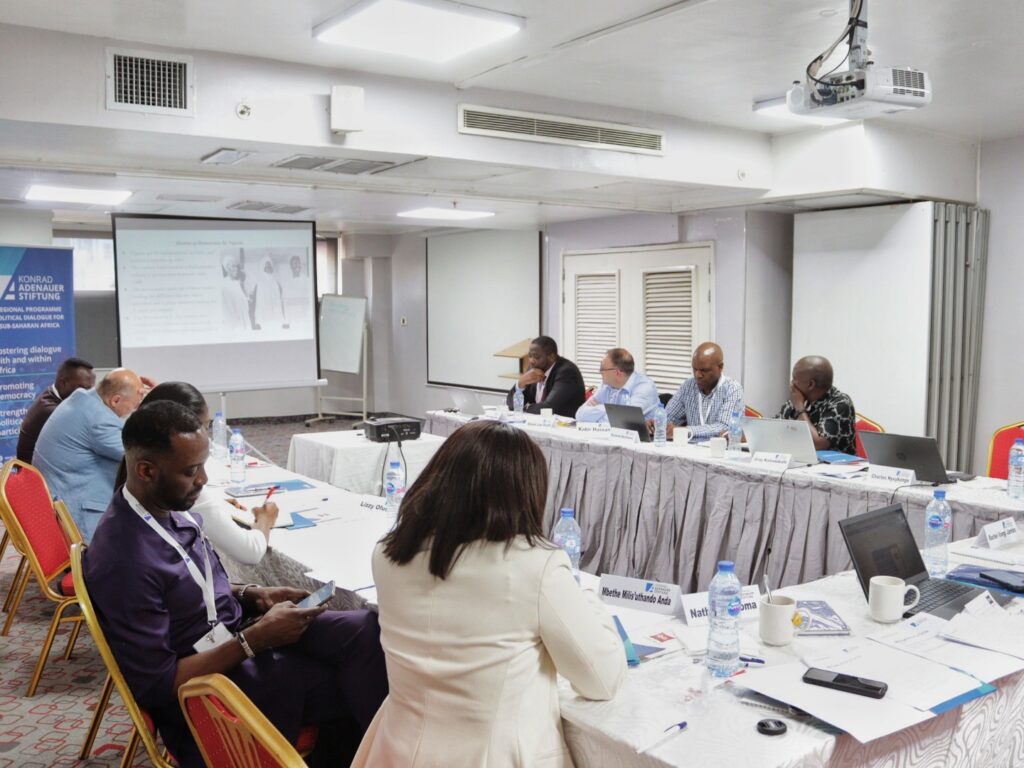
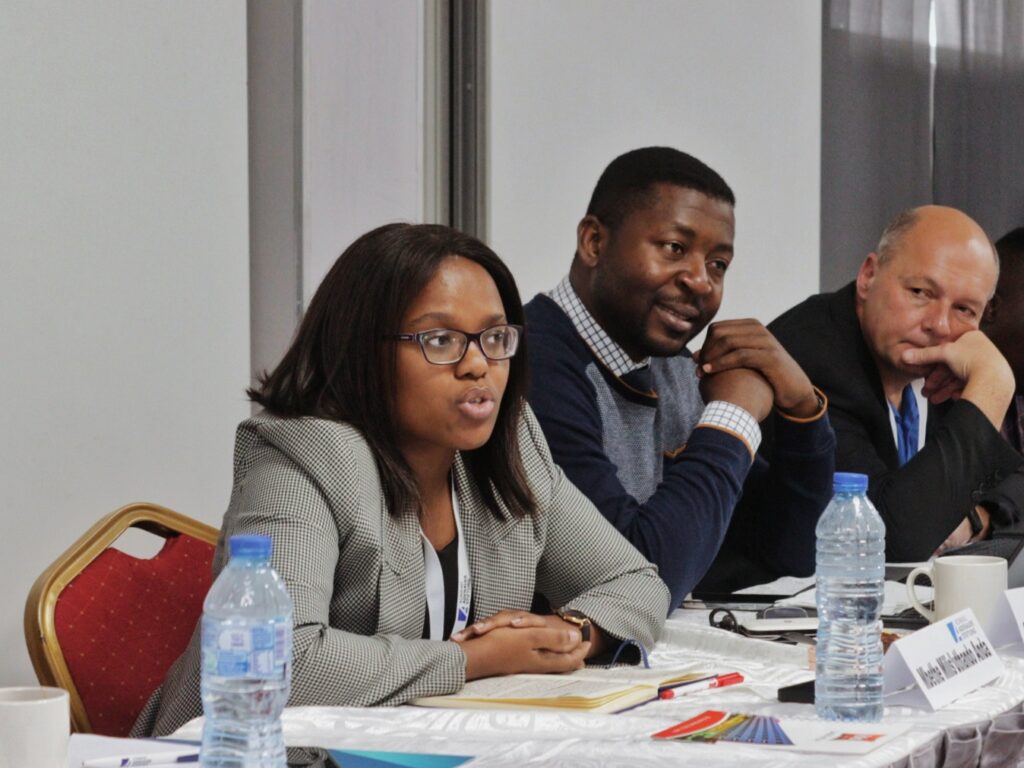
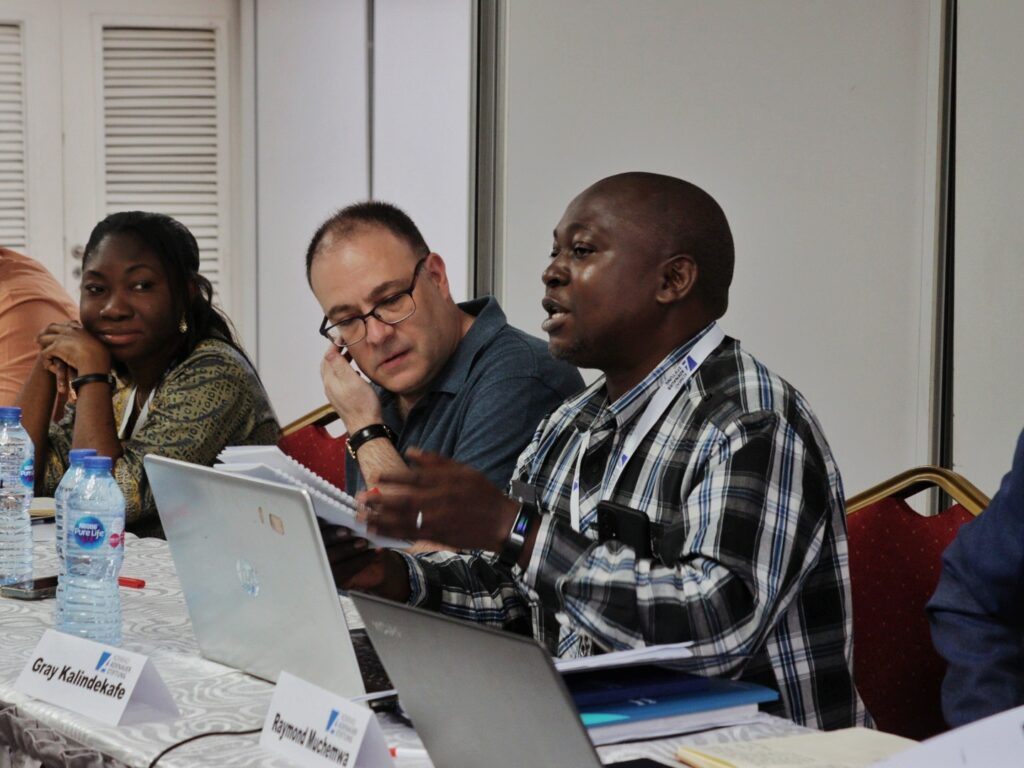
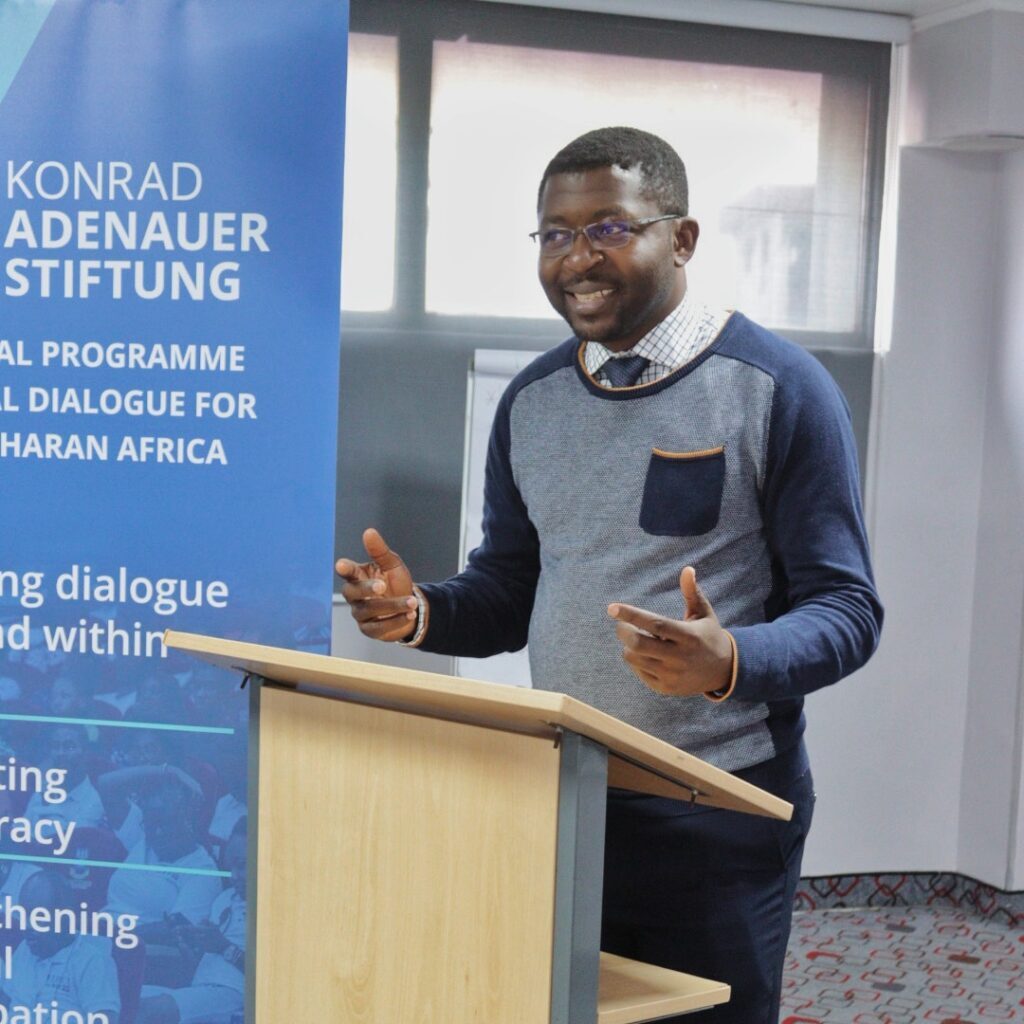
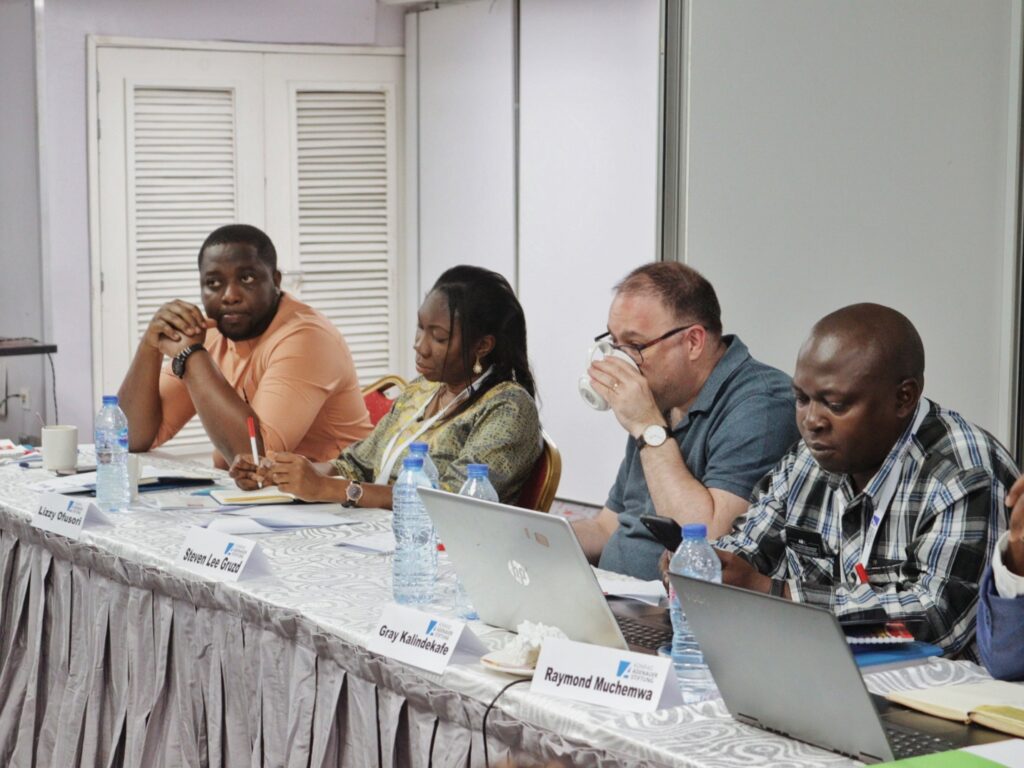
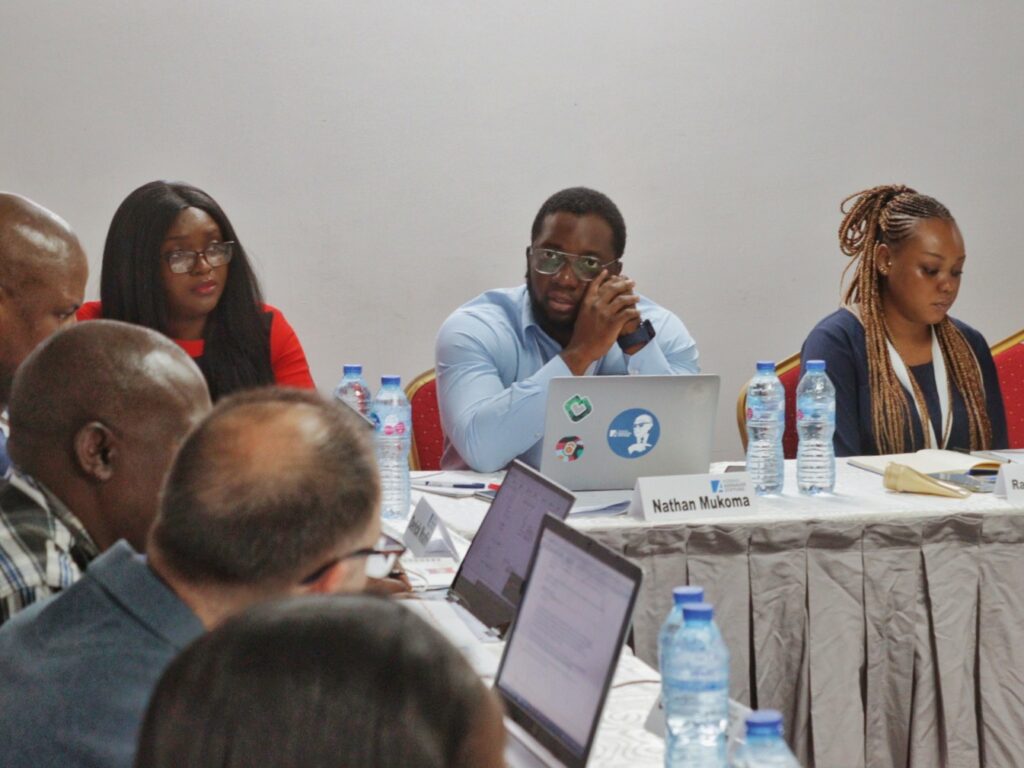
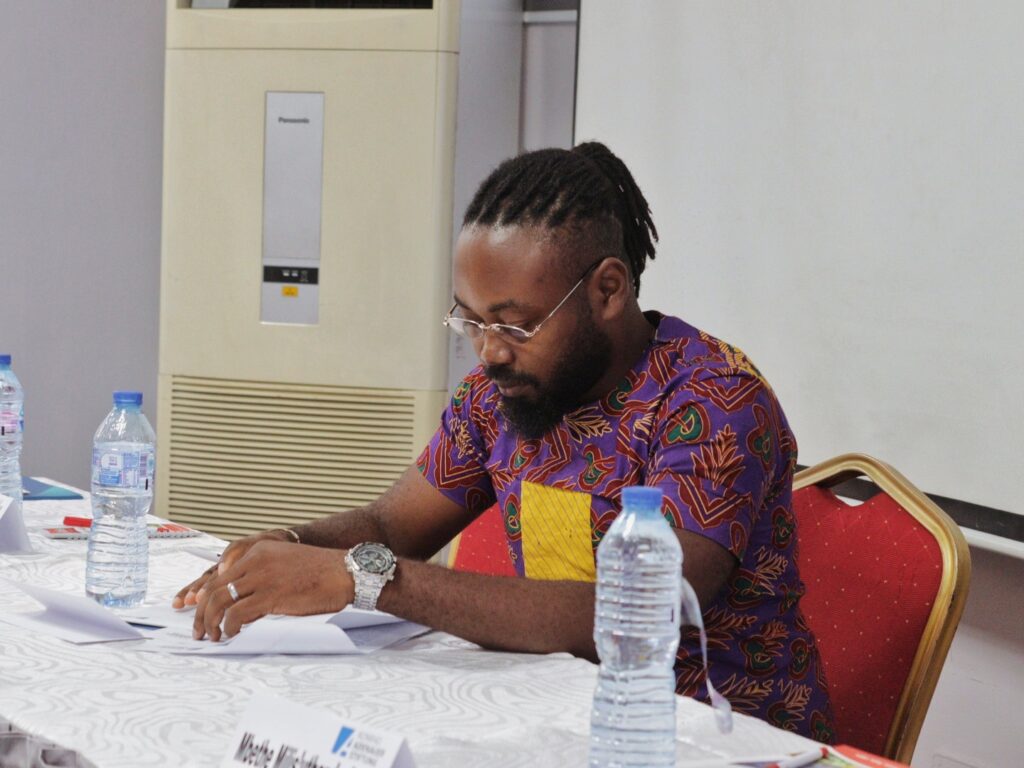
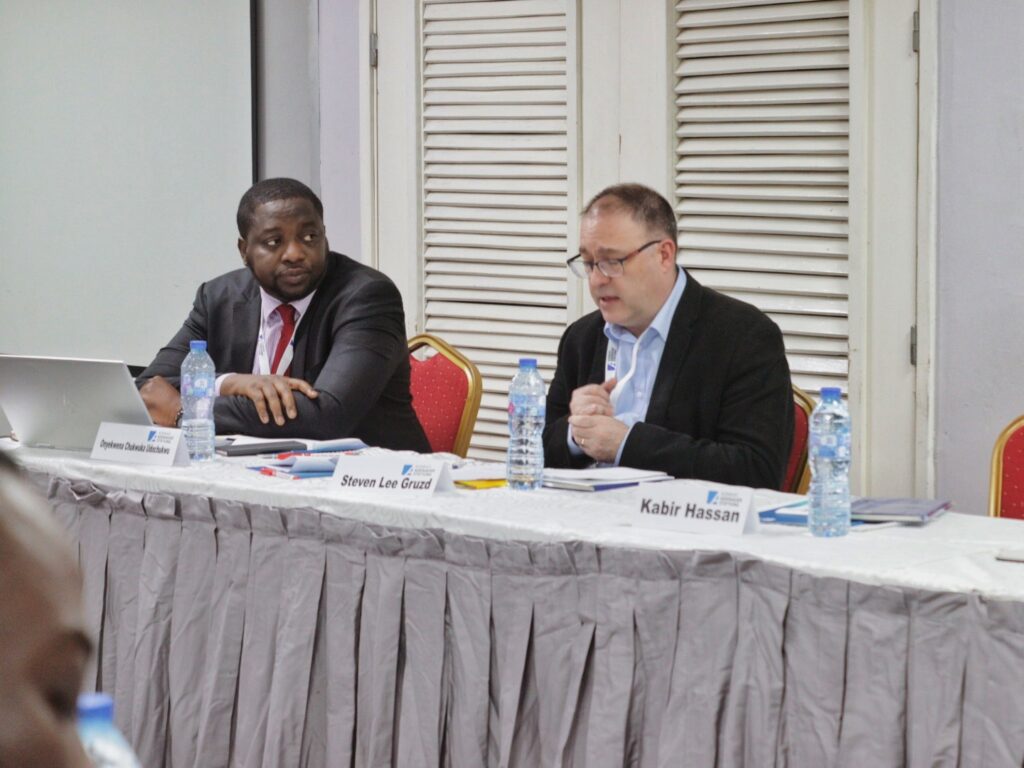
On November 16 and 17, 2022, CSEA convened experts from the data space in Accra, Ghana, for the conference tagged “The Quest for Improved Data Governance in Africa: Lessons on Regulating to Foster Innovation and Growth”.
Participants at the event included the Head of Ghana Statistical Service, as well as other experts on data issues from the University of Ghana, IEA Ghana, University of Pretoria , and others.
This event which draws from and builds on CSEA’s two-year study on data governance issues across Africa provided a platform for sharing lessons learned, and discussing the next steps required to steer the continent in the right direction as it relates to data and technology governance.
CSEA was represented by Dr. Adedeji Adeniran, Bahago Kashema, Ezra Ihezie and Eddy Akpabio.
Dr. Adedeji Adeniran’s presentation was on the “State of Digitalisation and Data Governance in Africa”; Kashema Bahago’s presentation was on “Existing Digital Initiatives in Africa: How are Governments Connecting Citizens?”, while Ezra Ihezie gave a presentation of the CSEA's Digital Governance Index which was developed to measure Africa’s level of digital development holistically and to serve as a policy tracker for policymakers.
